
Sviluppare il Pensiero critico per essere cittadini consapevoli
L’attuale società è definita società liquida, caratterizzata da legami deboli, crisi dei valori, corsa ai consumi, mercificazione dei legami e dei rapporti. Anche i sentimenti sono considerati alla stregua di una merce, facilmente sostituibili.
In un panorama culturale e sociale così complesso, se non si è allenati a pensare in modo critico, si è facili preda di pregiudizi, stereotipi e confinati in steccati ideologici.
Il presente corso offre le conoscenze teoriche e pratiche per allenare e sviluppare il pensiero critico e fornisce una guida per insegnanti e professionisti dell’educazione per analizzare gli aspetti fondamentali dei processi del pensiero, al fine di guidare gli studenti a pensare criticamente, a essere indipendenti nell’emettere giudizi, essere in grado di analizzare e valutare l’affidabilità di informazioni, discorsi e argomenti, mettere in discussione gli assunti e rilevare fallacie logiche e distorsioni di pensiero.
Nell’era di iper-connessione che caratterizza l’attuale società, siamo immersi in un continuo flusso di informazioni e notizie: i giovani, in particolare, se non ben allenati al pensiero critico, tendono a recepire passivamente ogni informazione, senza riformularla e metterla in discussione, diventando ostaggi di radicalismi e pensieri propagandistici.
Attraverso l’applicazione del pensiero storico, lo studente sarà in grado di riconoscere gli stereotipi, sia nel passato che nel presente e pervenire a formulazioni di pensiero indipendenti.
Develop critical thinking to be aware citizens
The current society is defined as a liquid society, characterized by weak ties, crisis of values, rush to consumption, commodification of ties and relationships. Even feelings are considered like a commodity, easily replaceable.
In such a complex cultural and social landscape, if you are not trained to think critically, you are easy prey to prejudices, stereotypes and confined to ideological fences.
This course offers the theoretical and practical knowledge to train and develop critical thinking and provides guidance for teachers and education professionals to analyze the fundamental aspects of thinking processes, in order to guide students to think critically, to be independent in making judgements, being able to analyze and evaluate the reliability of information, speeches and arguments, questioning assumptions and detecting logical fallacies and distortions of thought.
In the era of hyper-connection that characterizes current society, we are immersed in a continuous flow of information and news: young people, in particular, if not well trained in critical thinking, tend to passively receive all information, without reformulating it and putting it under discussion, becoming hostages of radicalism and propagandistic thoughts.
Through the application of historical thinking, the student will be able to recognize stereotypes, both in the past and in the present and arrive at independent thought formulations.
Learning outcomes
- Understand the basics of reasoning
- Determine the importance and relevance of arguments and ideas
- Recognize arguments
- Identify errors in reasoning: logical fallacies and cognitive biases
- Recognize prejudices and stereotypes
- Think critically
- Use the technique of historical thinking to recognize prejudices and stereotypes
- Evaluate sources and data
- Provide the tools to be an aware citizen
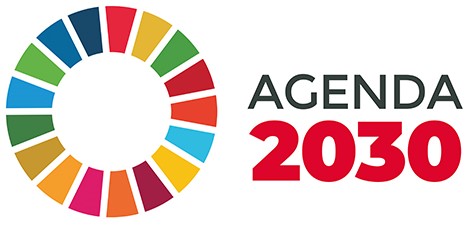

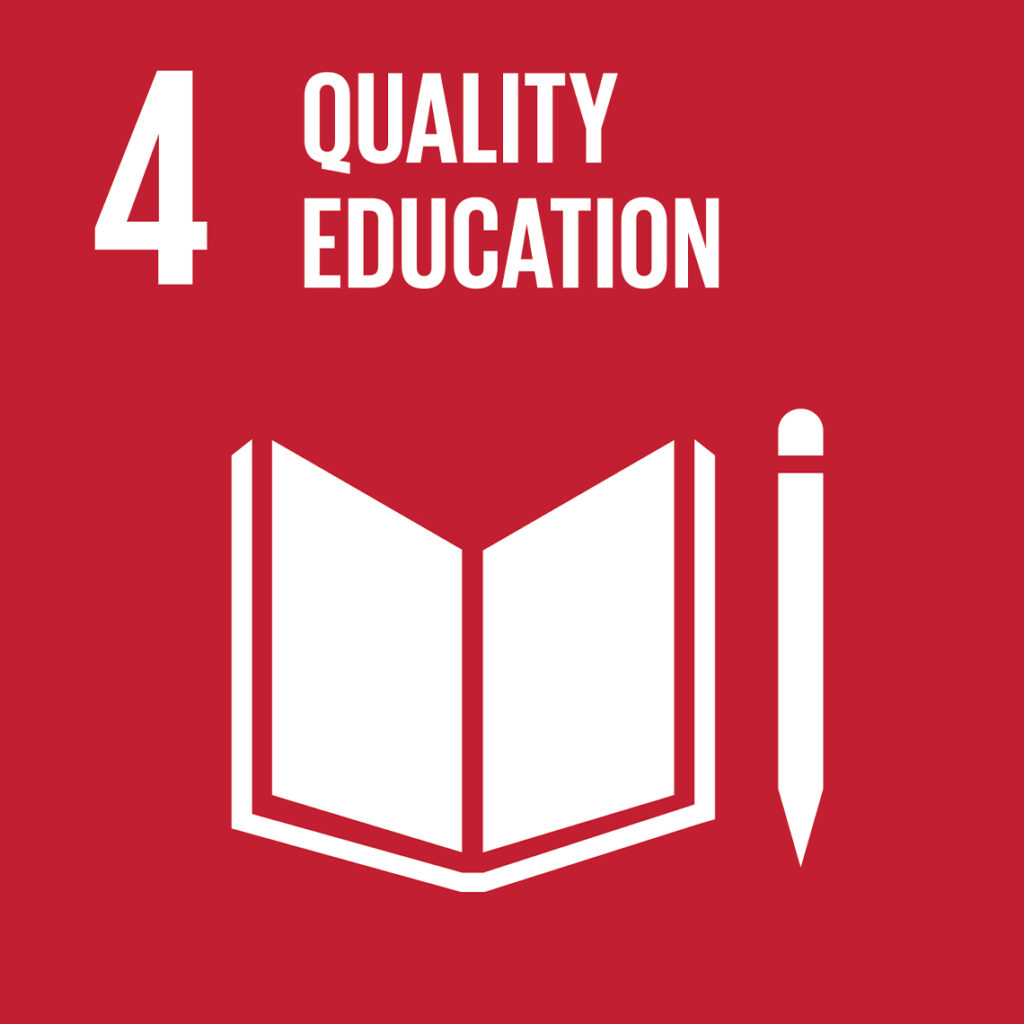
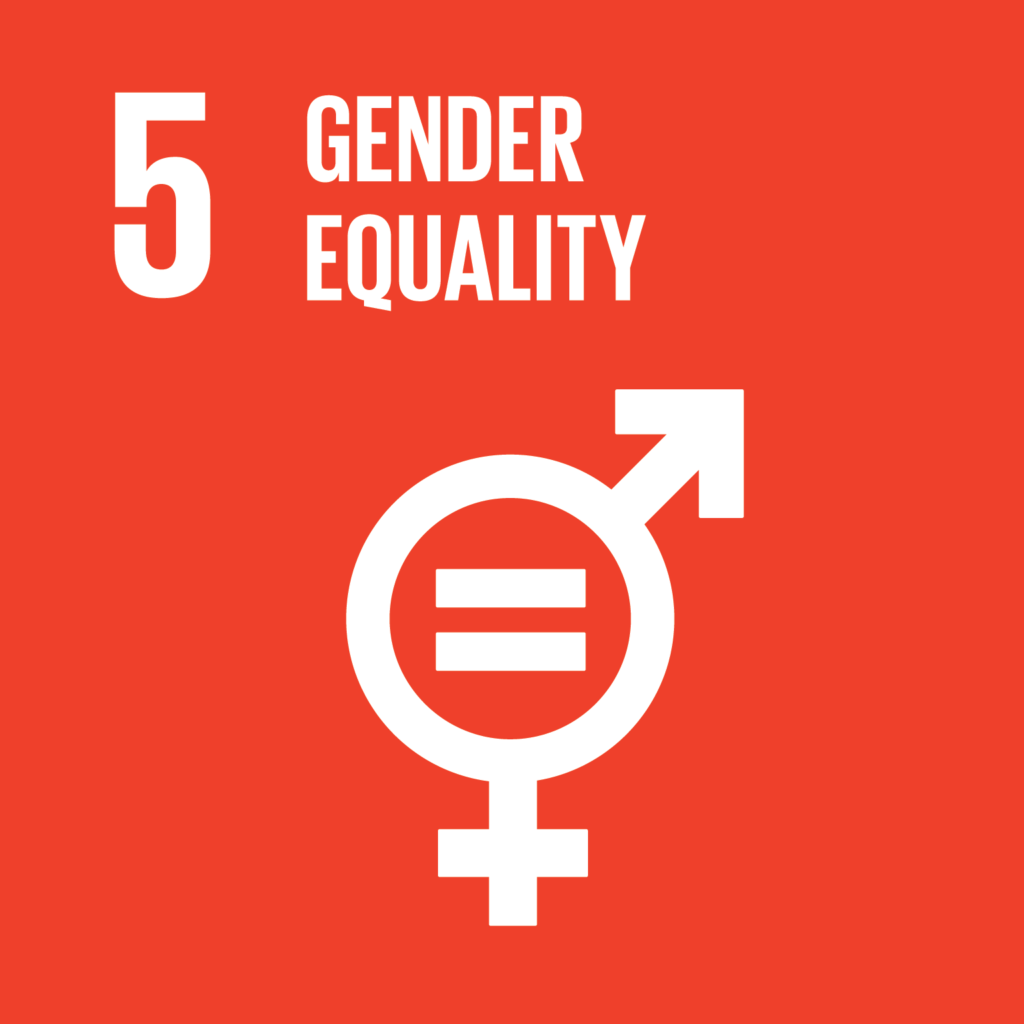
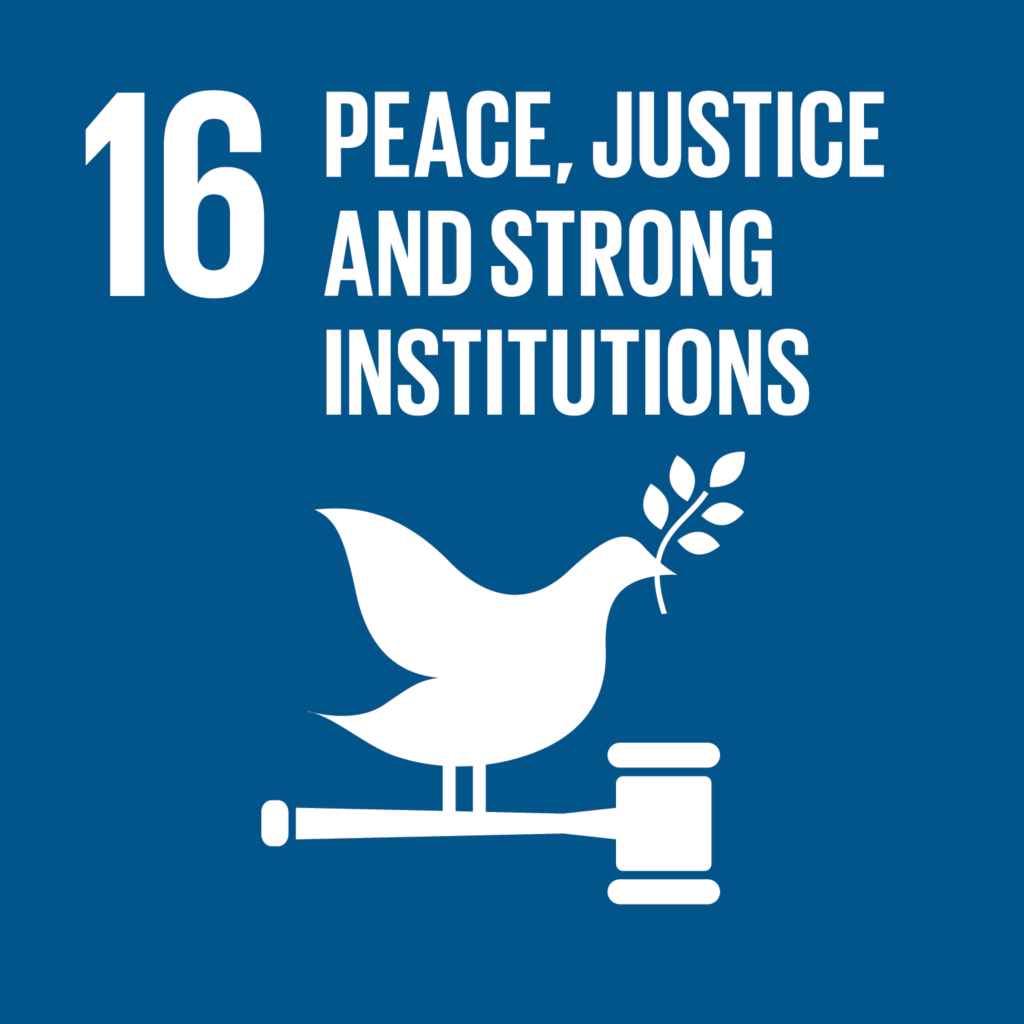
Course Program
Course introduction
- Introduction to the course, and the external week activities;
- Icebreaker activities;
- Presentations of the participants and participants’ schools.
- the thought processes
- debating
- the distortions of thought
- discussion
- develop critical thinking: methodologies
- case studies
- project work
- case studies
- presentation of the project work
- debating
- final ceremony of delivery certificates
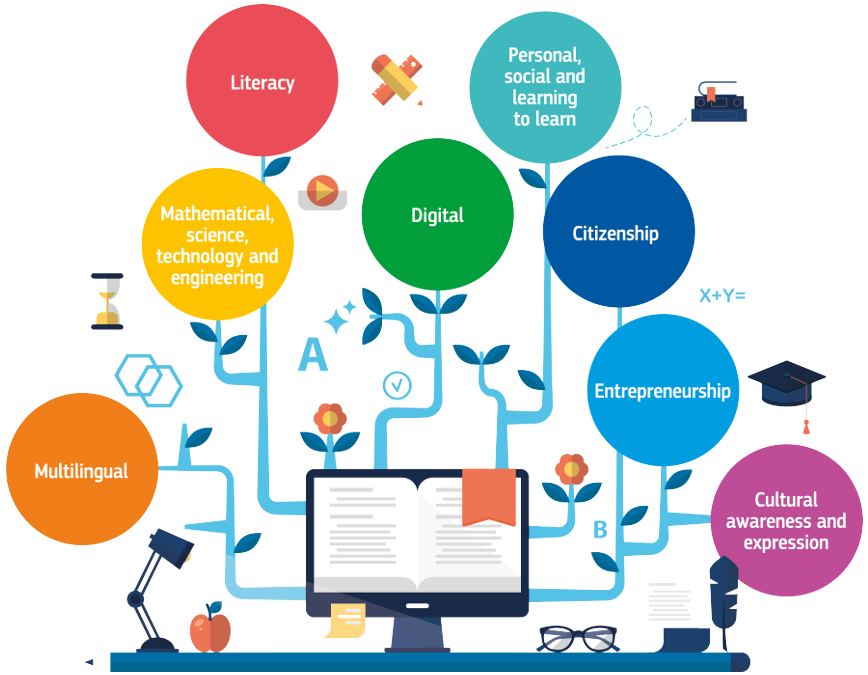
Certificate: Participants who attend at least 80% of the course will receive a Certificate of Attendance at the end of activities.
Schedule: Classes take place in the morning or afternoon, at the provider’s discretion. The schedule outlines may differ significantly depending on participants’ requests and on the trainer, who has discretion over any changes.
Participants
These training courses are addressed to any staff working with any task (educational, managerial, administrative, etc) in any public or private organisation active in the field of education, training and youth:
- principal of public school and private school;
- teacher of public school and private school;
- no teacher staff of of public school and private school;
- an adult education school/institute/centre;
- a public body at local, regional or national level;
- a non-profit organisation, association, NGO;
- a social partner or other representative of working life, including chambers of commerce, craft/professional associations and trade unions;
- a cultural organisation, library, museum;
- a public or private, small, medium or large enterprise (including social enterprises);
- a higher education institution (including those providing educational opportunities for adults);
- an establishment for adult learners with special needs;
- a research institute;
- a body providing career guidance, professional counselling and information services;
- a foundation.
Methodology
The methodology used in the courses seeks to stimulate the active participation and interaction of all students by promoting a clear European dimension. The main objective, in addition to spreading the specific knowledge of each course, is to implement the soft skills necessary to safely carry out the work of the teacher: know how to communicate, know how to listen, know how to work in groups, know how to manage critical issues, knowing how to deal with and solve problems. The methodology used is practical and starts from the knowledge already possessed by the students, to develop a real meaningful learning. In this way, it aims to build a diverse and challenging learning environment and climate to reflect, work and learn and share knowledge. During the courses will be used, depending on the moments:
- appropriate balance of theory and practice
- team-building and team-working
- best practice case-studies
- innovative, relevant and evidence-based contents
- horizontal and practical approach
- digital tools
- blended learning
- project based working
- practical laboratory
- brainstorminig
- problem solving
- role play
- case study
- self and group assessment and evaluation
- Regulary, our classes vary from a minimum of 6 to a maximum of 25 participants.
Evaluation
In order to provide an increasingly better service that reflects the quality standards of the Erasmus+
Programme, a questionnaire evaluation is provided on the most relevant aspects of the training course. Feedback will be important to improve the service offered.
Follow up
In order to create a learning community, for each course there will be a dedicated platform where students can exchange ideas, suggestions, opinions, both on the contents of the course and on the activities carried out with their students once back at school. The platform will be active after the course for 6 months. Through this interaction, we aim to achieve effective follow-up, stimulate peer networking and design new experiences under the benevolent auspices of Erasmus+.
Quality standards
The proposed training courses fully reflect the objectives and standards of the Erasmus+ programme with regard to the macro areas of information and transparency, content and pedagogy,
services and structures, the European dimension and other relevant issues.
They also respect the "commitment to quality" for Erasmus+ Mobility projects for school staff.
The courses are designed by combining theory and practice, adapting them to the learning needs and skill level of the participants.
Trainers
The entire training catalog is supported by a team of experts in different areas of education and training.
Daily schedule
The average total number of hours per day is 5 (25 hours in total), including:
- frontal lesson
- laboratory activities
- educational outings on the territory (if provided for in the course program)
Main language used
English.
Certification
At the end of the course each participant will receive a certificate of participation, together with the mobility certificate Europass. ( on request). Regarding this, please check the right procedure in your country by visiting this website.
Additional and different documents may be easilty released on request.
Fees
In line with the official Erasmus+ Programme guide and rules, the participation fee covers the following services and is calculated as follows:
Organisational support: professional preparation; monitoring and support during mobility;
validation of learning outcomes: € 50,00
Course fee: € 80 x number of training days (e.g.: € 400 for 5 days).
Starting from 4 participants per group, the participation fee is reduced of the 5 up to 10%.
